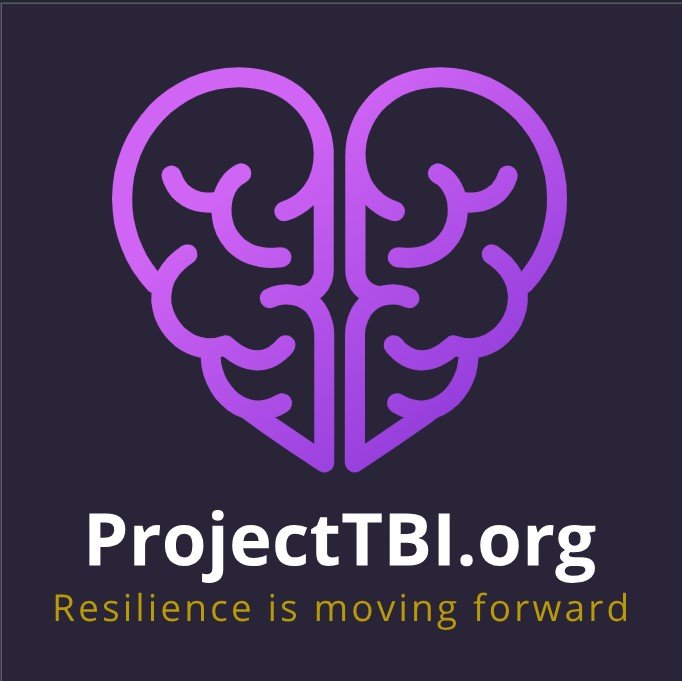The Digital Mask: How Government Identity and Our Online Life Pull Us Away From the True Self
Over the last century, humanity hasn’t simply advanced technologically—we’ve undergone a quiet transformation in identity itself. What began as a practical function of government—names on forms, Social Security numbers, birth certificates—has evolved into an immense digital ecosystem filled with data trails, histories, profiles, and behavioral records. Now, before we ever get a moment to ask who we are, the world has already decided for us.
Every login, every purchase, every photo, every location ping becomes part of a digital biography that follows us across platforms and institutions. This version of ourselves never sleeps, never forgets, and never grows. It is static—a shadow of the living presence that actually experiences life. Yet systems, both public and private, trust this digital shadow more than our own words. If a database says something about you, it becomes truth. If an algorithm labels you a risk or a customer or a “type,” no explanation is required. A person’s lived reality becomes secondary to the data that represents them.
This is where the ego finds its favorite nourishment. As Eckhart Tolle teaches, the ego strengthens itself by attachment to labels, forms, and stories. A world built on digital profiles, curated personas, and constant self-presentation becomes the perfect environment for the ego to grow. Every platform asks you to define yourself. Every service requires your preferences. Every social network rewards you for performing your identity. Instead of simply being, we constantly maintain an image of who we think we are supposed to be. The ego becomes hyperstimulated by the endless mirrors of digital life: posts, likes, arguments, comparisons, and reactions. It becomes difficult to locate the quiet observer within when the world invites us to keep reacting outwardly.
Governments add another layer by tying participation in society to identity verification—REAL ID, digital passports, biometrics, licenses, background checks, and health records. The implied message is subtle but powerful: you are not truly “you” until we confirm it. This externalization of identity breeds a subconscious reliance on validation. People begin to feel that their existence is dependent on paperwork, credentials, and compliance. The inner self becomes an afterthought.
Commerce does the same, but in an emotional sense. Corporations don’t just record who you are—they analyze what you fear, desire, avoid, and crave. Your digital identity becomes a product. Your habits are monetized, your attention is auctioned, and your patterns are used to shape the next ad, the next suggestion, the next impulse buy. The “you” these systems interact with isn’t a conscious human being—it’s a map of coping mechanisms and vulnerabilities. When a world profits from your dissatisfaction, it has no incentive for you to feel whole.
This constant reinforcement of external identity has a direct effect on addiction. When people feel disconnected from their true selves—when life becomes performance, compliance, or digital noise—they inevitably turn to substances or distractions for relief. Alcohol and drugs often numb the pain of alienation. But digital addiction is just as destructive: endless scrolling, compulsive posting, comparing, arguing, seeking validation. The ego finds stimulation everywhere and rarely finds rest.
What’s lost in all this is the simplest truth: behind every identity, every document, every profile, there is something that cannot be digitized or defined—the silent awareness of the present moment. The true “I” is not the story, the data, the trauma, or the accomplishment. It is the presence that observes all of these things. No government can register it. No corporation can profile it. No algorithm can predict it. This inner stillness is the one place where addiction loosens its grip, because addiction feeds on disconnection, and presence restores connection.
Reclaiming personhood in a digital era doesn’t require us to reject technology or institutions. It requires rediscovering the difference between an identity and a being. Data is not you. A digital trail is not a life. And the ego’s reactions are not the self. When we create moments of silence—stepping away from screens, from being “known,” from performing who we think we are—we reopen the doorway to the deeper presence within.
The digital world will continue to expand, governments will require more verification, and corporations will learn more about our behavior than we ever intended to reveal. Yet none of these systems can touch the living awareness inside you. It is the part of you that existed before the databases, before the labels, before the roles you were assigned. It is the real person behind the digital mask.
You don’t need to oppose the digital world. You only need to remember that your true identity was never in it.
